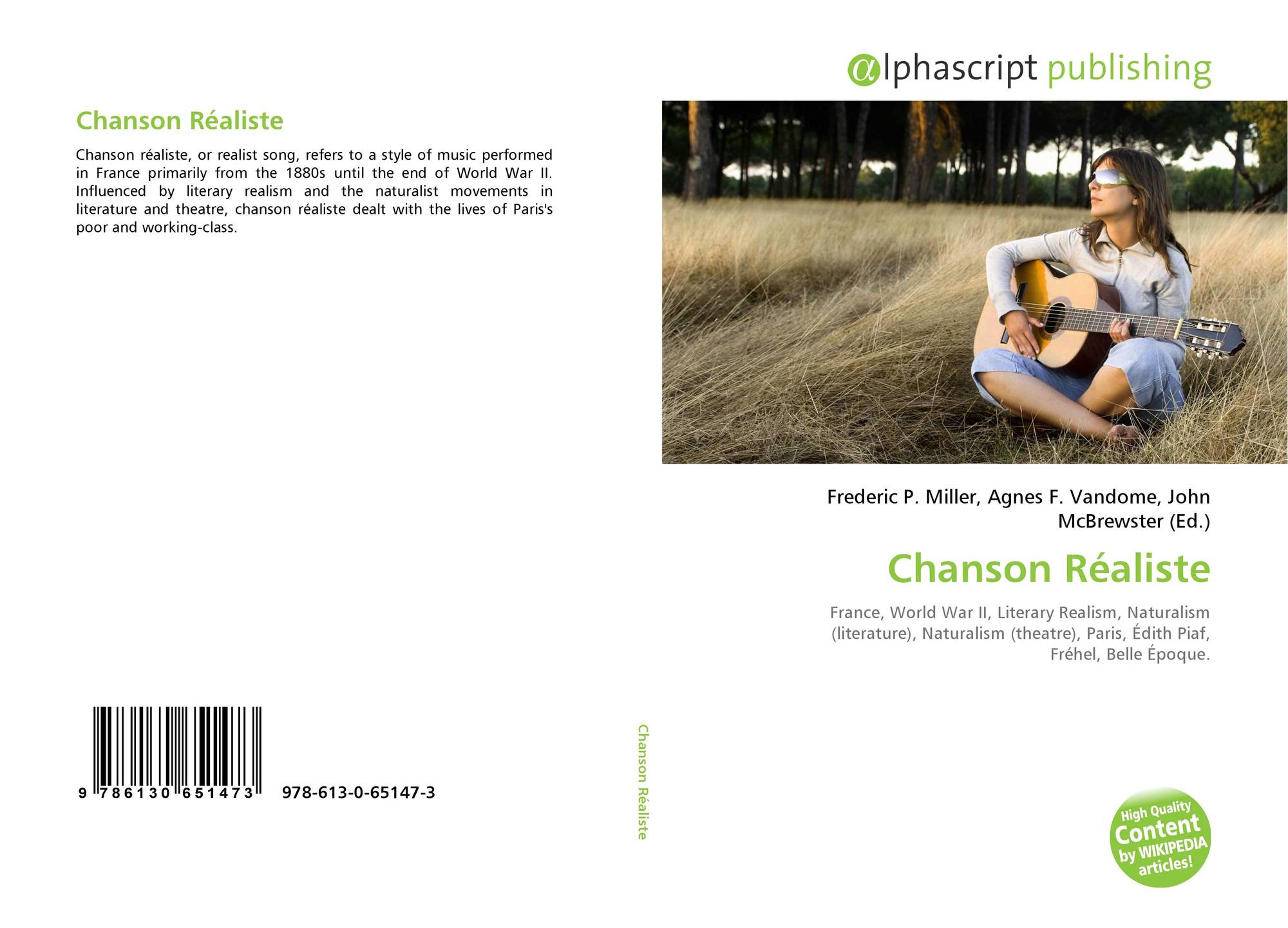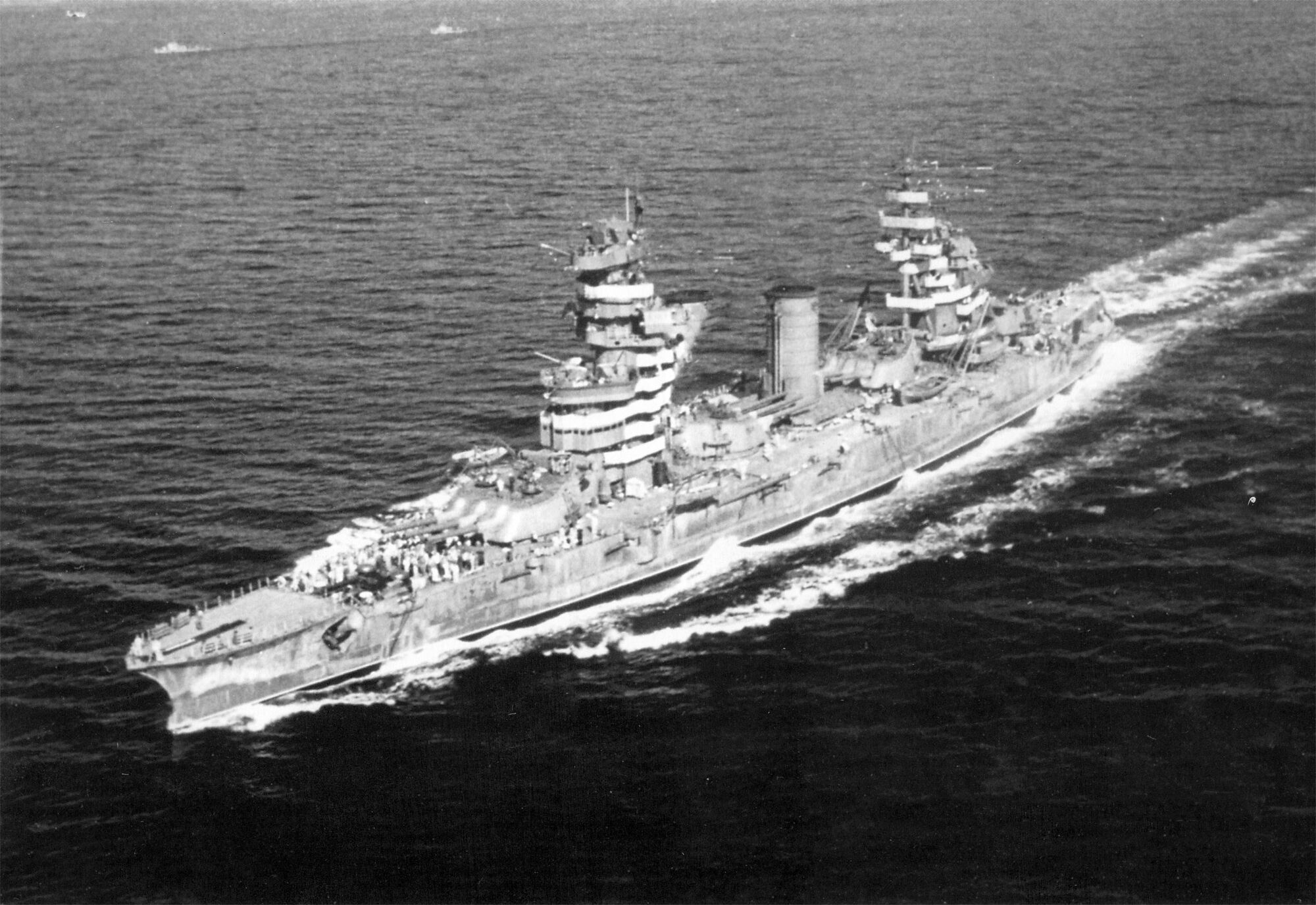World War Ii Online Class

List of Free Online World History Courses and Classes. The lectures look at the changes that have taken place around the world since the end of World War II in 1945, including the Cold War. Through advanced interdisciplinary study of World War II, students explore the global nature of World War II, a conflict that fundamentally reshaped the political and cultural landscape of our planet. Students examine the causes and impact of the war, the evolution of governance and political systems.
From the expertise of world-class ASU faculty and historians of the National WWII Museum to the artifacts, documents and archival resources offered by the Museum, this first-of-its-kind program gives students a comprehensive look at the effects World War II had on the current and future events of the world.Students will be immersed in the history of the conflict, politics and human stories of World War II in an exclusively online environment. The skills and education acquired from this program will prepare students to enter a variety of industries, including education, military service, human rights work, public relations, diplomacy, international relations and law. Through advanced interdisciplinary study of World War II, students in the 30-credit MA program in World War II Studies explore the causes and effects of World War II, the global nature of the conflict, the evolution of governance and political systems, and human responses to conflict, violence and genocide. Program coursework also helps students contextualize current events through study of the war's historical, political and cultural legacies. How to applyApplicants must fulfill the requirements of both the Graduate College and the College of Liberal Arts and Sciences.An applicant must have the minimum of a bachelor’s degree (or equivalent) or master’s degree from a regionally accredited college or university. Students from any field who demonstrate potential will be considered for admission.
Applicants’ potential for success is determined by the quality of writing and clarity of thought demonstrated in the letter of intent and responses to the application questions. Letters of recommendation that point to a student’s ability to deliver high-quality academic work and persist to an academic goal will receive priority. An applicant’s GPA and academic performance, particularly in humanities coursework, will also indicate potential.A minimum of a 3.00 cumulative GPA (scale is 4.00 = “A”) in the last 60 hours of a student’s first bachelor’s degree program is required.
At Harvard Extension School, free and open learning is hardly a new concept. In fact, the Extension School was founded with this mission in mind: to create an affordable way for any motivated student to take courses at Harvard. We stay true to this mission today, offering several free courses and nearly 800 for-credit courses at reasonable tuition rates.
Explore our series of free or low-cost courses below. In addition, you can also browse Harvard University's Digital Learning Portal, which features online learning content from across the University, both free and fee-based options.
Video accessibility. If you are unable to easily access any of the videos below, you may submit a request for accommodation, and we will work with you on your request.
Open Learning Courses with Harvard Faculty
Abstract Algebra
In these free videotaped lectures, Professor Gross presents an array of algebraic concepts. To explore the lectures, visit the Abstract Algebra Open Learning Course page
Add to these exciting features Overgrowth’s realistic artificial intelligence and streamlined control system and the result is an astoundingly immersive experience. Overgrowth also benefits from Wolfire's brand new Phoenix Engine which has been built from the ground up to allow the use of cutting edge graphics, animation, and physics. Overgrowth mods without steam.
The Ancient Greek Hero
A long-time offering at Harvard College and Harvard Extension School, Gregory Nagy's popular exploration of the hero motif in classic literature is offered as a course for credit at Harvard Extension School, as a course on edX, and as a series of free video lectures. See The Hero in Ancient Greek Civilization Open Learning Course
American Poetry from the Mayflower through Emerson
Discover how the United States developed its own national literature with Elisa New, Powell M. Cabot Professor of American Literature at Harvard University. The course features conversations with public figures like writer Michael Pollan, economist Larry Summers, and Vice President Al Gore.
Watch a video, in which Elisa New discusses the design of the HarvardX course and the topics covered.
Read the course description for American Poetry from the Mayflower through Emerson
Bits
Explore how digital technologies inform issues of public policy, regulation, and law in this series of course lecture videos featuring Harry Lewis, Gordon McKay Professor of Computer Science, Harvard. See Bits: The Computer Science of Digital Information Open Learning Course
China
Study the world’s largest and oldest government from its ancient beginnings to the twenty-first century. Using Harvard’s vast visual collection, Peter Bol, Charles H. Carswell Professor of East Asian Languages and Civilizations at Harvard, and William C. Kirby, Chang Professor of China Studies at Harvard, show China in a new social and political light.
Watch the following video to get a sense of the tools used in the course, and visit the China: Traditions and Transformations Open Learning Course page
Intensive Introduction to Computer Science
In this course, taught by David Malan, you can learn programming languages like HTML, CSS, and SQL. Through real-world applications, you build computer science skills that can be applied in a variety of different job markets. Hear from students who have taken this course in the following video, and visit the Intensive Introduction to Computer Science Open Learning Course page
Masterpieces of World Literature
This course surveys world literature from the Epic of Gilgamesh to the present, with an emphasis on different cultures and writing traditions. Watch the course trailer below, and read the Masterpieces of World Literature course description
Saving Schools: History, Politics, and Policy in US Education
How did the American school system, which used to be the envy of the world, fall to a point where a majority of 15-year-old US students in math, science, and reading fall below the students in the majority of industrialized nations? Paul E. Peterson, Henry Lee Shattuck Professor of Government at Harvard University, explores school politics and the pros and cons of various reform options. Peterson discusses the topics covered in the edX course in the video below. You may also read more in the Saving Schools course description
Science and Cooking

Calling all foodies! Deconstructing classic dishes made by famous chefs, learning the basics of gastronomy, and understanding the scientific basics of recipes are just some of the topics and lessons covered in the course. You get to work in the laboratory and examine the soft materials that make up food. Each week you get to hear a different chef lecture about food and feel your glands salivate.
Sets, Counting, and Probability
Join Paul Bamberg, a senior lecturer on mathematics at Harvard, in the exploration of probability models for situations drawn from everyday life.
See the Sets, Counting, and Probability Open Learning Course page
Terms of Use
Please review our terms of use for all Open Learning Initiative content.